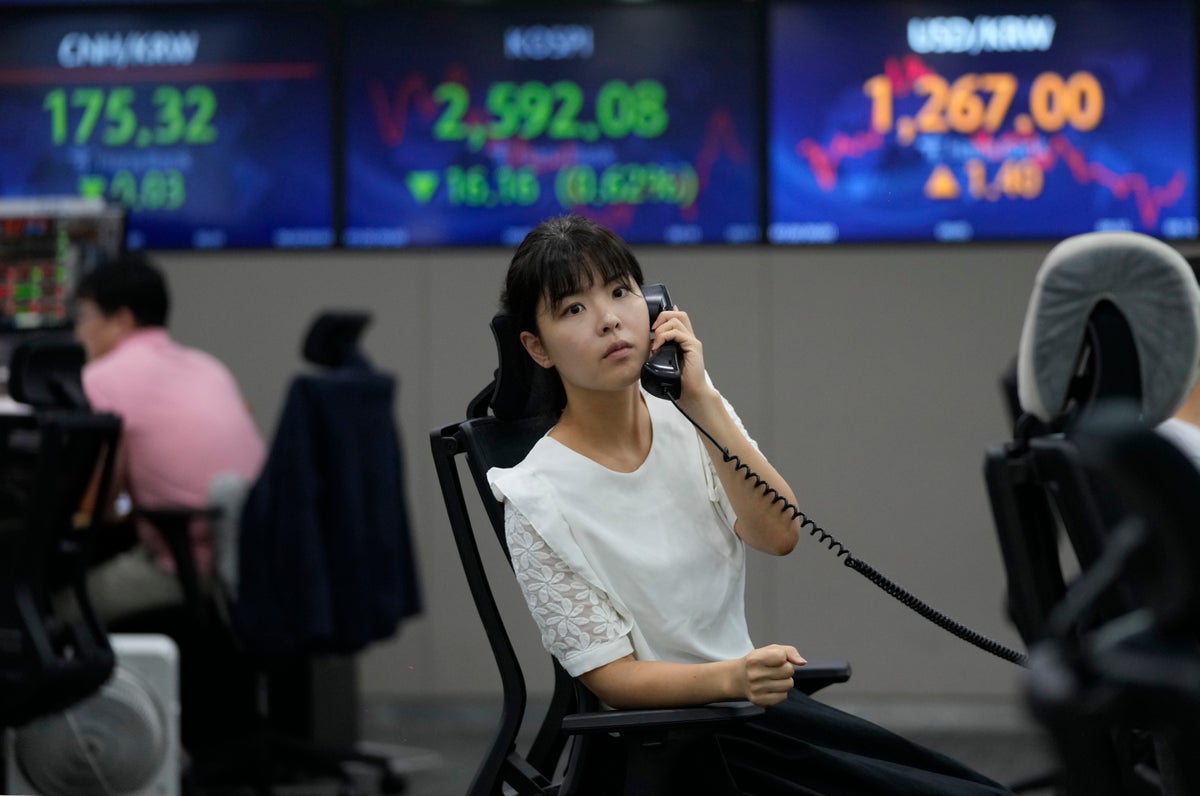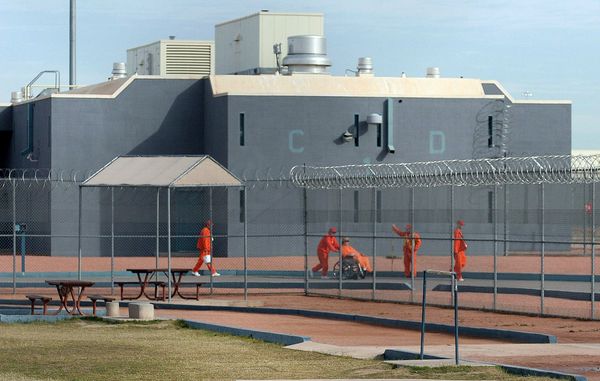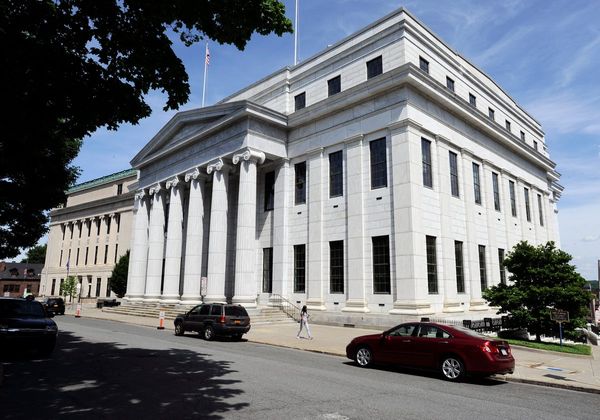
Asian shares were mixed Thursday after Japan reported weaker than expected trade data for June, with imports falling nearly 13% from a year earlier.
Shares rose in Sydney and Hong Kong but fell in Shanghai, Tokyo and Seoul. U.S. futures slipped and oil prices were little changed.
Japan logged a trade surplus in June for the first time in nearly two years as imports sank, largely due to lower oil prices. Exports rose only 1.5% from a year earlier despite sharp increases in shipments of vehicles as supply chain problems eased. Economists say they anticipate weaker exports in coming months as demand in other major economies slows.
Japan's benchmark Nikkei 225 declined 1.2% to 32,490.52. Australia's S&P/ASX 200 added less than 0.1% to 7,326.00. South Korea's Kospi edged down 0.1% to 2,604.61. Hong Kong's Hang Seng was virtually flat at 18,954.78, while the Shanghai Composite shed 0.7% to 3,175.81.
On Wednesday, Wall Street added to its big rally for the year following profit reports from a spate of banks and other big U.S. companies. Gains on the Nasdaq were muted as Netflix reported that its subscriber base grew while profit was weaker than forecast. Tesla's results, although positive, also proved disappointing.
The tepid results for Netflix and Tesla may have made Asian investors cautious, Stephen Innes, managing partner at SPI Asset Management, said in a commentary.
“But with inflation easing and odds for a soft landing rising, investors may adopt an ‘it could have been worse mood,’ ” he added.
The S&P 500 rose 0.2% to 4,565.72. It is now up nearly 19% for the year so far and at its highest level in more than 15 months.
The Dow Jones Industrial Average gained 0.3% to 35,061.21 and the Nasdaq composite edged up less than 0.1%, to 14,358.02.
Elevance Health helped lead the market after it climbed 4.4%. The insurance provider reported stronger profit and revenue for the spring than analysts expected and raised its earnings forecast for the full year.
Western Alliance Bancorp bounced from an early loss to a gain of 7.8% after reporting weaker profit for the latest quarter than analysts expected. It also said customers added $3.5 billion in deposits from April through June.
U.S. Bancorp rose 6.5% after reporting weaker profit than expected but slightly stronger revenue. It also said its deposits grew 3.2% from earlier this year. M&T Bank gained 2.5% after reporting stronger profit than expected and higher deposits. Investment bank Goldman Sachs added 1% after it fell short of profit expectations for the latest quarter but topped forecasts for revenue.
The pressure caused by high interest rates has led to failures of several U.S. banks. Other smaller and midsized banks are under heavy investor scrutiny. Recent data reports have raised hopes that inflation is moderating enough to convince the Federal Reserve to halt rate hikes soon. That could help the economy avoid a long-predicted recession.
One of Wall Street's biggest winners was Carvana, which soared 40.2%. The used-car dealer agreed with its creditors to reduce its debt by more than $1.2 billion. It also reported a milder net loss for the latest quarter than analysts expected.
The earnings reporting season is picking up momentum in its second week. Analysts are forecasting a third straight quarter of weaker earnings per share for S&P 500 companies, but that low bar makes it easier for companies to top expectations.
In the commodities market, wheat prices surged after Russia launched drone and missile attacks on critical port infrastructure in Ukraine, destroying 60,000 tons of grain. The price of soft red winter wheat, traded in Chicago and used for cookies and specialty products, rose 8.5%.
The attacks come days after Russia pulled out of the Black Sea Grain Initiative, which allowed exports from Ukraine to reach many countries facing the threat of hunger.
In other trading Thursday, benchmark U.S. crude shed 7 cents to $75.22 per barrel in electronic trading on the New York Mercantile Exchange. Brent crude, the international standard, fell 8 cents to $79.38 a barrel.
The U.S. dollar fell to 139.54 Japanese yen from 139.68 yen. The euro cost $1.1207, up from $1.1204.







